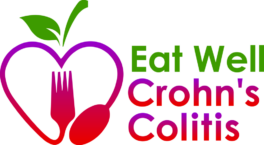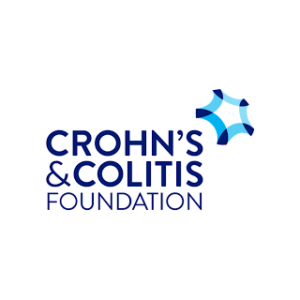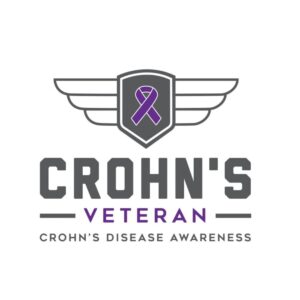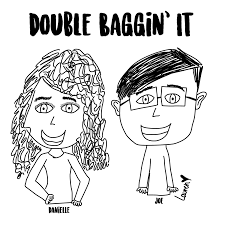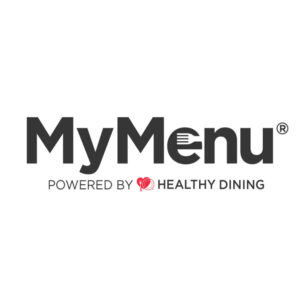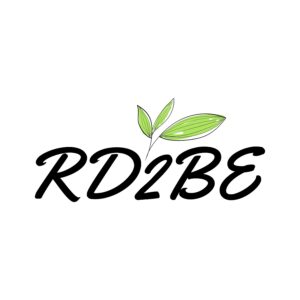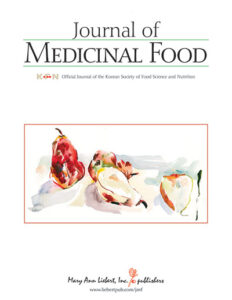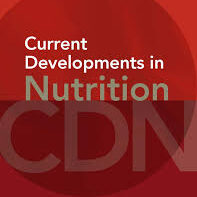Hidden Sources of Sugar
On average, Americans eat about 17 teaspoons of added sugar each day. Most of this is hidden within processed foods, so people don’t even realize they’re eating it. All this sugar may be a key factor in several major illnesses, including inflammatory bowel disease.
Nutrition labels on packaged foods in the United States are required to list the total grams of sugar per serving, in addition to providing a list of all ingredients the product contains. But when it comes to ingredient lists, “sugar” isn’t the only name sugar goes by. There are more than 100 different names for sugar on ingredient labels.
If you’re looking to make more informed choices regarding the amount of added sugars in your eating pattern, here are the names of some of the most common aliases that sugar goes by on food labels:
Basic Simple Sugars:
• Dextrose
• Fructose
• Galactose
• Glucose
• Lactose
• Maltose
• Sucrose (the most common type of sugar, often called “table sugar”)
Solid or Granulated Sugars:
• Beet sugar
• Brown sugar
• Cane juice crystals
• Cane sugar
• Castor sugar
• Coconut sugar
• Confectioner’s sugar (aka, powdered sugar)
• Corn syrup solids
• Crystalline fructose
• Date sugar
• Demerara sugar
• Dextrin
• Diastatic malt
• Ethyl maltol
• Florida crystals
• Golden sugar
• Glucose syrup solids
• Grape sugar
• Icing sugar
• Maltodextrin (especially not recommended for IBD)
• Muscovado sugar
• Panela sugar
• Raw sugar
• Sugar (granulated or table)
• Sucanat
• Turbinado sugar
• Yellow sugar
Liquid or Syrup Sugars:
• Agave Nectar/Syrup
• Barley malt
• Blackstrap molasses
• Brown rice syrup
• Buttered sugar/buttercream
• Caramel
• Carob syrup
• Corn syrup
• Evaporated cane juice
• Fruit juice
• Fruit juice concentrate
• Golden syrup
• High-Fructose Corn Syrup (may also be listed as “HFCS”)
• Honey
• Invert sugar
• Malt syrup
• Maple syrup
• Molasses
• Rice syrup
• Refiner’s syrup
• Sorghum syrup
• Treacle
Take Home Message
Because sugar has been linked to the higher incidence of IBD, greater hospitalizations and worse symptoms with IBD, and can cause diarrhea in concentrated amounts, there is a case to be made for seeking out some simple swaps to reduce the amount of sugar in your eating plan in favor of alternatives naturally lower in sugar.
Want more information and tools to learn what foods to add to your eating plan?
Dear IBD Warrior,
• Are you tired of endless nights of reading contradictory nutrition information for IBD online?
• Are you feeling confused about what to eat, and has this resulted in a limited diet, weight loss, and/or fatigue?
• Do you want to know what science is discovering about diet for IBD, with reliable sources?
If you answered yes to any of these questions, know that you’re not alone — That’s why I’ve created a program specifically for people with IBD!
